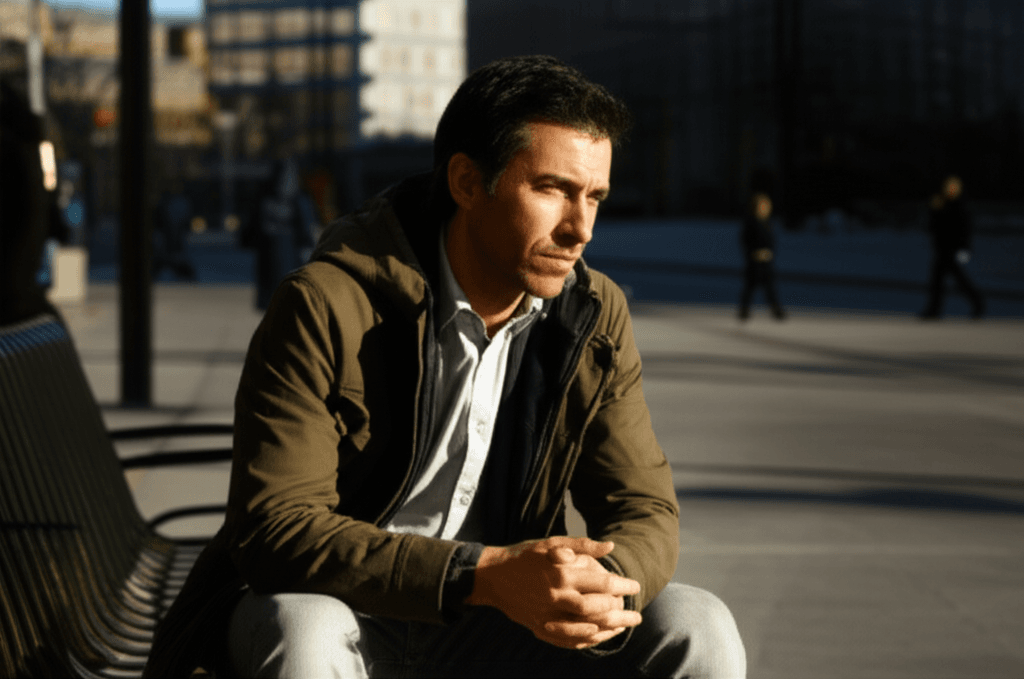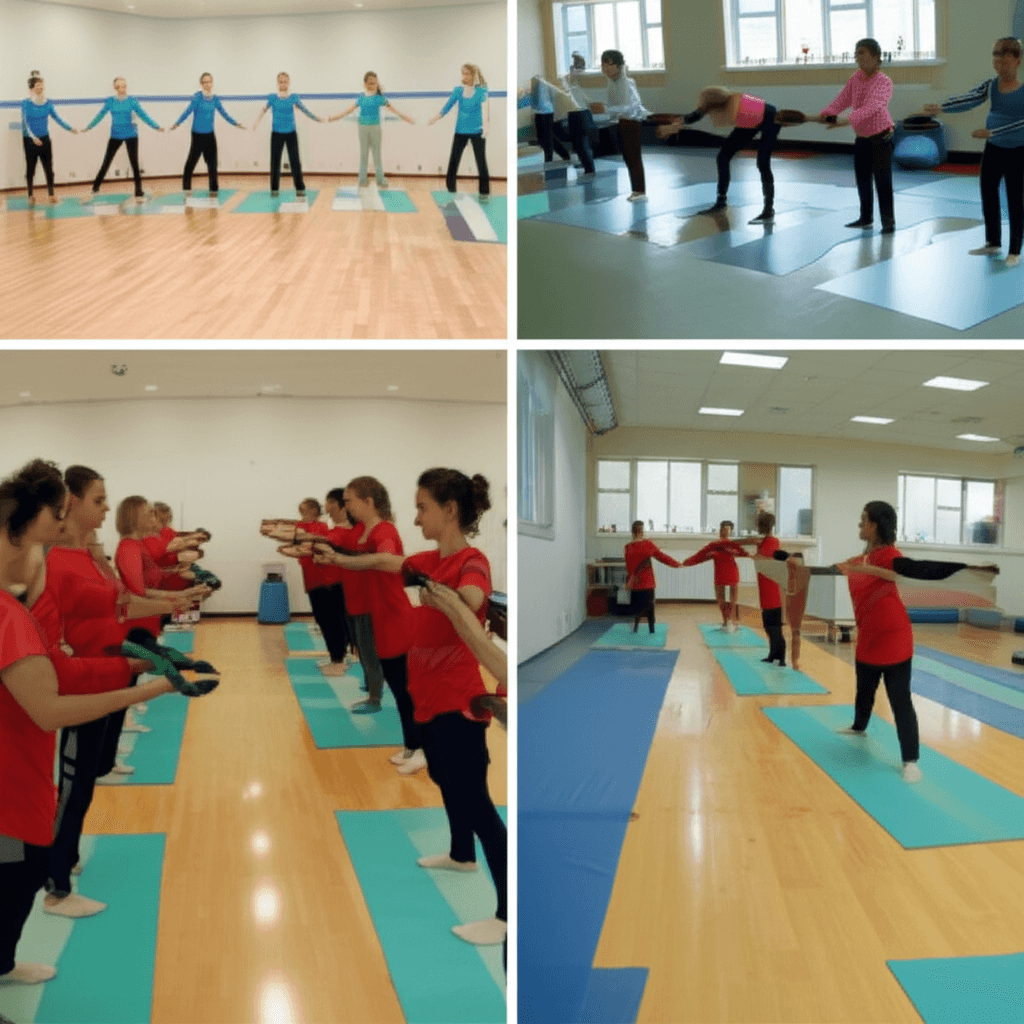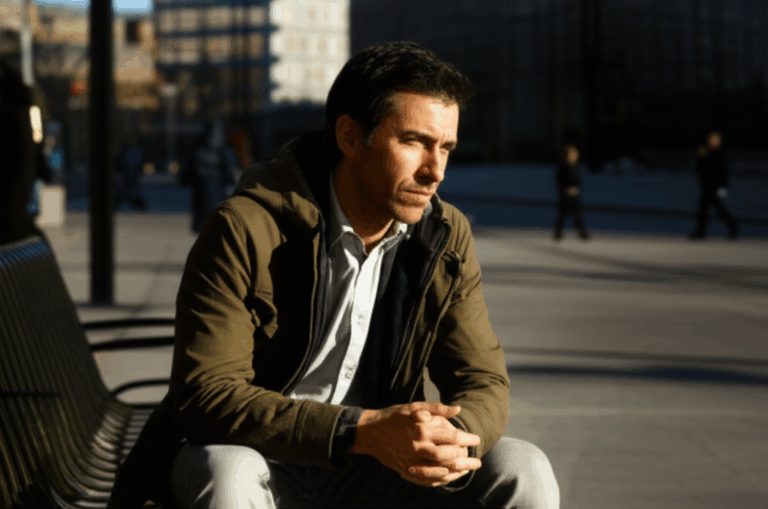In an era defined by escalating anxieties and persistent stress, Americans are increasingly seeking effective pathways to mental well-being. A startling nearly half of all Americans, 49%, report frequently experiencing stress, a significant increase over the past two decades. This statistic, the highest in Gallup’s trend to date, underscores a growing crisis that traditional mental health approaches alone may struggle to fully address. Against this backdrop, innovative solutions are emerging, with one startup, Brain-Body Therapy, championing a revolutionary approach: rewiring mental health through the power of exercise.
This new mental wellness app, which officially launched on Wednesday, posits that the future of therapy could look less like a couch and more like a workout. By integrating counseling techniques with physical exercise, Brain-Body Therapy aims to offer a holistic path to improved mental health, tackling conditions like anxiety and depression by leveraging the undeniable connection between the mind and body.

The Growing Crisis of American Stress and Mental Health
The mental health landscape in the United States paints a concerning picture. In 2023, a quarter of U.S. adults reported high levels of stress, a notable jump from 19% in 2019. Surveys in 2024 revealed that 43% of adults felt more anxious than the previous year, and 23% had experienced a mental health condition in the past year. These stressors are manifold, ranging from national concerns like political turmoil and the future of the nation, to personal issues such as health, work, money, and family responsibilities. Job pressure, money, health, and relationships consistently rank among the top sources of stress for Americans. Women, particularly those aged 18 to 49, are disproportionately affected, reporting the highest rates of frequent stress. The sheer prevalence of these issues highlights an urgent need for accessible, effective, and perhaps unconventional interventions.
Statistics and Societal Impact
The impact of this pervasive stress extends beyond individual suffering, contributing to significant societal costs. It is linked to physical symptoms like headaches and tiredness, psychological symptoms such as depression and sadness, and has led to nearly 90% of Americans losing sleep due to worries about health and the economy. The American Institute of Stress indicates that approximately 35% of individuals are feeling stressed, a figure 20% higher than the global average, underscoring the unique intensity of the problem in the U.S.. This collective burden on mental well-being necessitates a fresh perspective on care.

The Exercise-Mental Health Connection: A Scientific Basis
While often overlooked in traditional mental healthcare, the profound link between physical activity and mental well-being is well-established by scientific research. Exercise is not merely for physical fitness; it is a powerful medicine for common mental health challenges such as depression, anxiety, and ADHD, offering significant relief from stress, improved memory, better sleep, and an overall boost in mood.
How Physical Activity Impacts the Brain
Regular physical activity triggers a cascade of beneficial neurobiological changes. It influences the hypothalamic-pituitary-adrenal (HPA) axis, which governs the body’s physiological response to stress. This interaction extends to regions of the brain crucial for mood and motivation, like the limbic system, and the amygdala, which processes fear. Exercise also stimulates the growth of new brain cells, enhances blood circulation to the brain, and can help prevent age-related cognitive decline.
Moreover, physical activity leads to the release of “feel-good” chemicals like endorphins and serotonin, which naturally improve one’s sense of well-being and can act as an effective anti-anxiety treatment. These neurochemical shifts contribute to a reduction in tension, an increase in physical and mental energy, and an overall enhancement of mood.
Beyond Endorphins: Neurobiological and Psychological Benefits
The benefits extend beyond immediate neurochemical boosts. Regular exercise helps individuals develop stronger resilience, enabling them to cope with mental and emotional challenges in healthier ways. It also provides psychological advantages such as increased self-esteem, improved concentration, sharper memory, and the ability to detach from negative thought patterns. Achieving exercise goals, even small ones, can significantly bolster self-confidence. Furthermore, physical activity can create opportunities for social interaction, combating feelings of loneliness and isolation, and improving sleep quality, which is intrinsically linked to mood management.

Brain-Body Therapy: A New Approach to Mental Well-being
Recognizing the immense, yet often underutilized, potential of exercise in mental health, Brain-Body Therapy has emerged with a vision to revolutionize care. The startup combines professional counseling techniques with tailored physical exercise, creating a hybrid model designed for holistic well-being.
The Startup’s Philosophy and Mission
Brain-Body Therapy was founded by Rio Wilson, whose personal experiences with depression, anxiety, and C-PTSD underscored the transformative power of consistent movement on her mood, focus, and emotional stability. Wilson highlights the undeniable mind-body connection and the overwhelming evidence supporting exercise as a mental health intervention, noting its vast underuse in traditional care. The company’s mission is to bridge this gap, offering a new kind of therapy that merges movement with mental health to promote comprehensive wellness. They emphasize that in a world marked by stress, isolation, and uncertainty, investing in mental and physical well-being is not a luxury, but a lifeline.
How the Program Works: Features and Methodology
Brain-Body Therapy offers users 45-minute hybrid sessions delivered via video through their mental wellness app. Each session is structured to begin with a therapeutic theme, transitioning into movement, and concluding with a period of reflection.
The program is highly personalized:
- Clinically Informed Questionnaire: Users complete an initial questionnaire that informs the creation of their individualized plans.
- 12-Week Phases: Each plan progresses in 12-week phases, starting with a foundational routine of three days of cardio and two days of strength training per week.
- Progressive Movement Styles: As participants advance, additional movement styles like yoga or dance may be incorporated, depending on the specific mental health condition being addressed.
- Expert Guidance: The app boasts industry expertise, with Luke Lombardo, a former Ironman triathlete and Global Fitness consultant, serving as its director of fitness. Lombardo’s background includes training celebrity clients and certified trainers, holding credentials such as Certified Corrective Exercise Specialist and Performance Enhancement Specialist.
Differentiating Factors from Traditional Mental Health Services
Brain-Body Therapy distinguishes itself by making movement an integral, rather than supplementary, component of mental health treatment. While many therapists might recommend exercise, this startup integrates it into the core of its therapeutic model. This holistic approach aims to provide benefits that extend beyond talk therapy, tapping into the physical mechanisms that directly influence mental states. By making fitness and wellness “powerful equalizers,” the platform seeks to foster empathy, resilience, and connection through shared physical experiences and intentional conversations about mental health.

Challenges and the Road Ahead
While promising, integrating exercise into mental healthcare on a wide scale presents its own set of challenges, including issues of accessibility, user adoption, and the need for continued validation of its hybrid model. Overcoming potential barriers related to cost, digital literacy, and cultural perceptions of exercise as a therapeutic tool will be critical for broader impact.
Accessibility and Adoption Barriers
Ensuring that such innovative solutions are accessible to diverse populations, including those in underserved communities or those with limited access to technology, remains an ongoing challenge for digital health platforms. Convincing individuals who are struggling with mental health conditions, where motivation is often low, to engage in physical activity can also be a hurdle.
Future Outlook and Potential Impact
Despite these challenges, Brain-Body Therapy represents a significant step forward in rethinking mental health care. By leveraging technology and the scientifically proven benefits of exercise, it offers a scalable and potentially more engaging alternative for many seeking support. The startup is also laying the groundwork for future offerings that will focus on conditions such as ADHD and PTSD, indicating a broader ambition to address a spectrum of mental health needs. If successful, this approach could inspire more widespread integration of physical activity into mental health protocols, potentially revolutionizing how we understand and treat psychological distress.

The Broader Implications for Healthcare
The emergence of startups like Brain-Body Therapy underscores a larger shift in the healthcare paradigm – one that increasingly recognizes the interconnectedness of physical and mental well-being. By offering a structured, personalized, and scientifically backed program that marries movement with therapeutic principles, these innovators are paving the way for a more integrated, proactive, and holistic approach to health. As stress levels continue to climb, such hybrid solutions may not just be a niche offering, but a vital component of future mental health care, empowering individuals to reclaim their well-being through the dynamic power of their own bodies.







